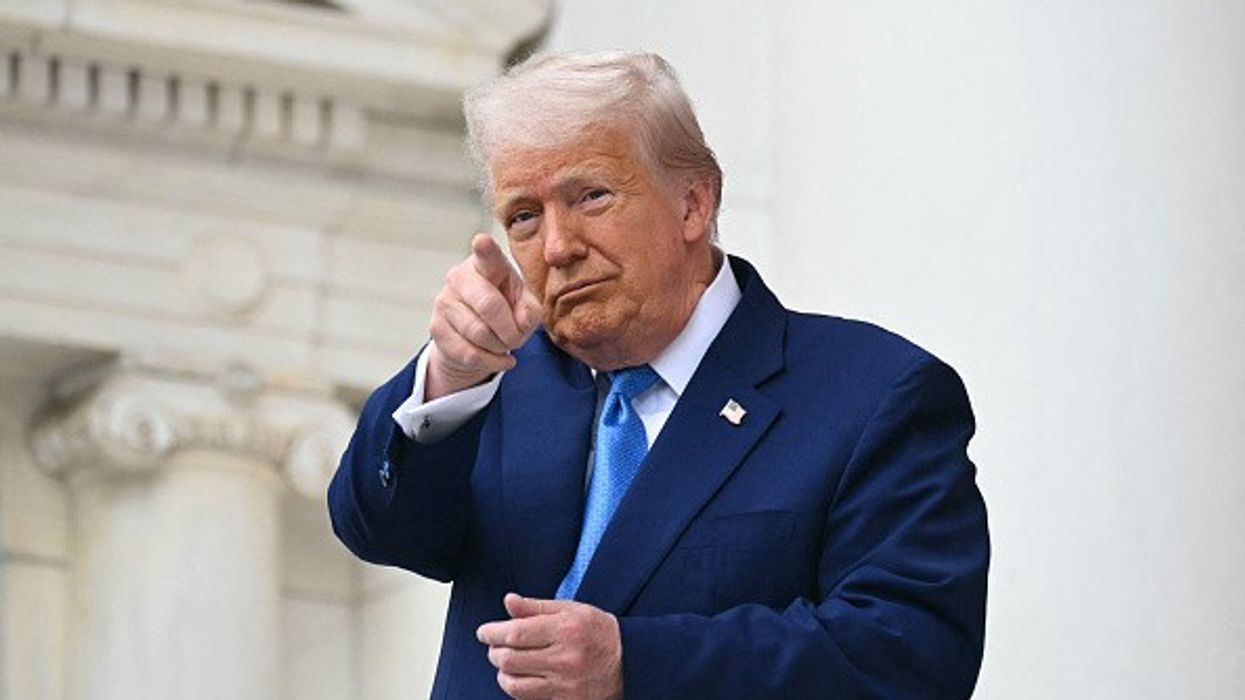The National Black Police Association (NBPA) has taken a historic stance by urging ethnic minority communities to boycott joining the Metropolitan Police (Met). This action comes in response to what they describe as discriminatory and unfair treatment towards Charles Ehikioya, the current chair of the Met Black Police Association (Met BPA).
This marks the first time in 20 years that such a boycott has been proposed.
According to the NBPA, the catalyst for this boycott is the alleged racially motivated misconduct investigation targeting Ehikioya after he highlighted instances of racism and unprofessional conduct among senior officers, The Guardian reported.
The NBPA contends that rather than supporting Ehikioya as a victim of racial abuse, efforts were instead concentrated on compiling questionable evidence against him.
Andy George, NBPA president, expressed deep concern over the timing of the complaint against Ehikioya, viewing it as an attempt to silence critical voices within the police force.
Highlighting a lack of confidence in the Metropolitan Police Service (MPS) due to numerous reports of inadequate support for officers of colour, George said, “We no longer have confidence in the commissioner or his senior leadership team to bring about the necessary and promised reforms to the service.
“I also regretfully recommend that anyone from Black, Asian and minority ethnic backgrounds does not join the MPS until there is more rigorous accountability placed on the commissioner and more resources are given to the Met BPA so they can provide wrap-around support to those in need.”
This unprecedented recommendation by the NBPA is underscored from a landmark report by Louise Casey last year, revealing that Black officers had an 81% higher likelihood of being subjected to misconduct proceedings compared to their white colleagues.
Casey wrote, “Allegations against officers and staff of colour might follow when they raise their head above the parapet to call out poor behaviour. This is a pattern embedded across Met culture: speaking out often results in adverse consequences for the complainant.”
Casey's findings suggest a systemic issue within the Met, where speaking out against misconduct often results in retaliatory actions against those who voice their concerns.
The association also disclosed that Ehikioya faces restrictions that limit his involvement in discrimination cases and prohibit his participation in meetings with the mayor’s office for policing and crime.
Furthermore, they revealed an instance where a commander inquired about Ehikioya's resignation shortly after he received a misconduct notice.
Leroy Logan, a past NBPA chair, reflected on his own experiences of being targeted for his outspokenness, indicating a longstanding pattern of suppression within the Met.
The Alliance for Police Accountability echoed these sentiments, suggesting that a nationwide boycott could “lead to reset introducing radial, genuine, transparent antiracist reform within the MPS.”
Lee Jasper, chair of the Alliance, criticised the misuse of the misconduct system against Black officers as indicative of a broader culture of racism and discrimination that needs to be addressed.
He also criticised the Met commissioner, Sir Mark Rowley, for his refusal to acknowledge institutional racism within the force, as highlighted in the Casey review.
In defense, commander Colin Wingrove emphasised the Met’s commitment to eradicating racism and discrimination, stating that it is imperative for all members to challenge such behaviour.
“It is not appropriate to discuss the details of a forthcoming misconduct process which must take place without interference,” he said.
The Met confirmed that an inspector is slated for a gross misconduct hearing related to allegations of inappropriate WhatsApp messages between 2017 and 2020.
The previous boycott appeal came after Supt Ali Dizaei, once considered a potential first ethnic minority chief constable, was cleared of charges in 2003, including endangering national security, drug misuse, and soliciting sex workers, allegations that were ultimately deemed unfounded.
However, Ali Dizaei faced conviction on different criminal charges, leading to his imprisonment and subsequent dismissal from the police force in 2012.

















